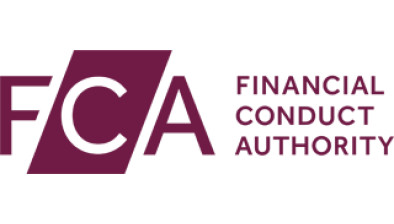FCA publishes annual report on regulatory perimeter

The Financial Conduct Authority (FCA) has today published its second annual perimeter report that determines which activities require authorisation and what level of protection consumers can expect for the financial services and products they purchase.
The perimeter is decided by the government and parliament through legislation.
In June 2019, the FCA published its first annual perimeter report, which sought to provide greater clarity to stakeholders on the FCA’s role and set out specific issues that had arisen, most notably those facing consumers in the retail investment sector.
This year’s report gives updates on the issues discussed in last year’s report. This includes the issuing of a temporary product intervention in January to ban the mass-marketing of speculative illiquid debt securities and preference shares to retail investors for 12 months. The FCA is currently consulting on proposals to make this ban permanent.
The report also identifies where others, such as big tech firms like Google, can do more to protect consumers in areas on the edge of the perimeter.
It also sets out other areas where progress has been made or where there is continued harm to consumers and market users around the perimeter, particularly in light of the coronavirus pandemic.
Christopher Woolard, interim chief executive at the FCA, said: “Our annual perimeter report is key to providing clarity on our approach, contributing to the public debate around perimeter issues, highlighting where others have a part to play and promoting transparency around our work with the government.
“These are challenging times for firms, consumers and the wider economy. The coronavirus crisis may exacerbate existing perimeter issues and encourage unlawful activity. We are focused on providing assistance to those consumers who need it. We continue to take action to protect consumers from losing money they can’t afford on high risk investments and falling victim to scams.”









